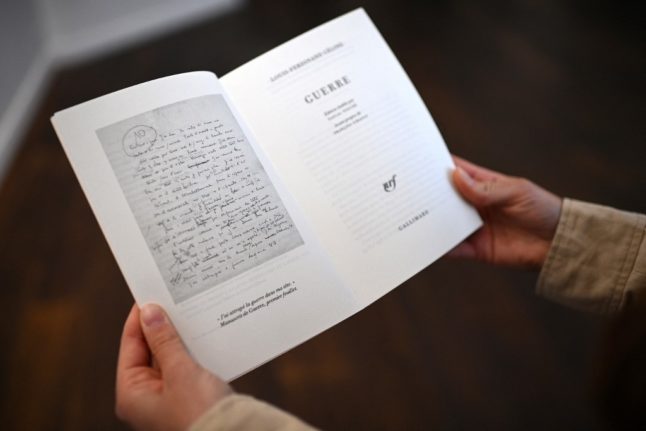Erri De Luca, who was hailed by Il Corriere della Sera as Italy's 'writer of the decade' in 2009, won the award for novel The Day Before Happiness – his first to be translated into English.
Judges singled out a scene depicting a Neapolitan orphan having sex with a mysterious woman he has been watching from afar.
It included the line “my body was her gearstick”, and went on to say: “Our sexes were ready, poised in expectation, barely touching each other: ballet dancers hovering en pointe.”
Then the passage took on a more sinister air. De Luca wrote: “Not only my prick, but the whole of me entered her, into her guts, into her darkness, eyes wide open, seeing nothing. My whole body had gone inside her.”
The author was unable to attend the prize-giving in London, and his publisher accepted the dubious accolade on his behalf.
His writing beat off tough competition from other novels that compared sex to “hanging out wet washing” and “a brisk tennis game”.
The Bad Sex award was set up in 1993, to “draw attention to poorly written, perfunctory or redundant passages of sexual description in modern fiction”.
In 2015, it was won by singer Morrissey for his debut novel List of the Lost, where he described the protagonists' “sexually violent rotation” as a “snowball of full-figured copulation”.
De Luca's first novel, Non ora, non qui (Not then, not now) was published in 1989 and he has gone on to write several international bestsellers.
He works as a translator alongside his career as a poet and novelist. He is also known for his environmental campaign and in particular his opposition to a high-speed rail link between Lyon and Turin. In October 2015, he was cleared of inciting criminal damage after calling for the project to be sabotaged.
The Bad Sex Award will go alongside several other literary awards De Luca has scooped, including the European Prize for Literature and the France Culture Prize.



 Please whitelist us to continue reading.
Please whitelist us to continue reading.
Member comments